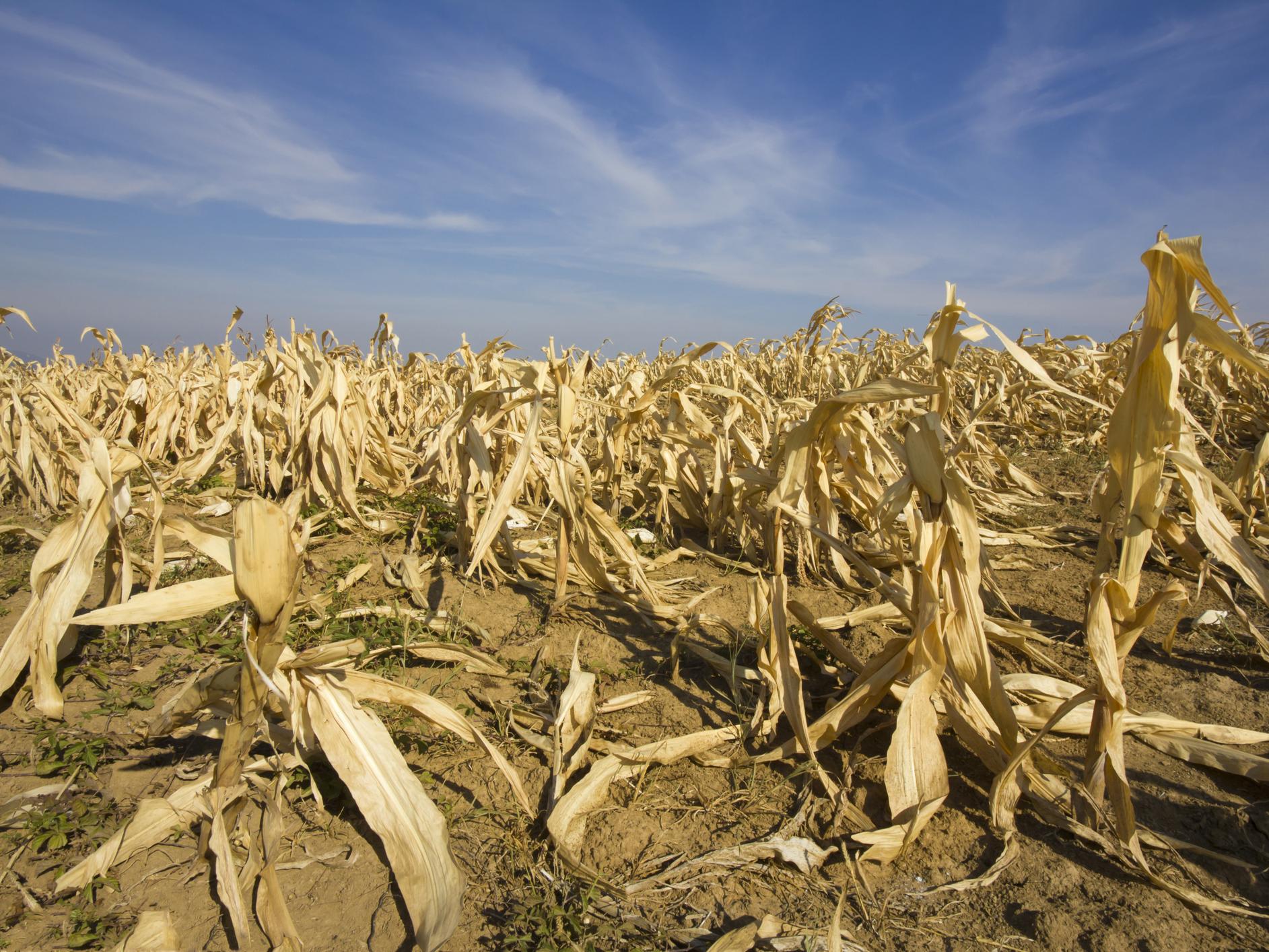World's food supply 'under threat' from increasing loss of biodiversity, warns UN report
Plants, animals and micro-organisms crucial to indirectly upholding the human diet are dying out, study shows

Your support helps us to tell the story
From reproductive rights to climate change to Big Tech, The Independent is on the ground when the story is developing. Whether it's investigating the financials of Elon Musk's pro-Trump PAC or producing our latest documentary, 'The A Word', which shines a light on the American women fighting for reproductive rights, we know how important it is to parse out the facts from the messaging.
At such a critical moment in US history, we need reporters on the ground. Your donation allows us to keep sending journalists to speak to both sides of the story.
The Independent is trusted by Americans across the entire political spectrum. And unlike many other quality news outlets, we choose not to lock Americans out of our reporting and analysis with paywalls. We believe quality journalism should be available to everyone, paid for by those who can afford it.
Your support makes all the difference.The world’s food supplies are increasingly under threat from the ongoing destruction of the planet’s biodiversity, a new report has warned.
Plants, animals and micro-organisms which are crucial to supporting and upholding the human diet are not being protected, the study by the United Nation's Food and Agriculture Organisation found.
It said global shortages would become increasingly likely if steps were not now taken to maintain such natural ecosystems.
“It is deeply concerning that, in so many production systems in so many countries, biodiversity for food and agriculture and the ecosystem services it provides are reported to be in decline,” wrote Graziano da Silva, director general of the organisation.
Some 20 per cent of the world’s vegetated surface had become less productive in the last 20 years, the study – which is based on data from 91 countries – suggested.
It said the decline of hundreds of species of insects, which help pollinate crops, were among the biggest worries. Birds that eat pests, and fish which maintain the ocean’s natural food chains were also found to be in dramatic decline.
“The foundations of our food systems are being undermined, often, at least in part, because of the impact of management practices and land-use changes associated with food and agriculture and the ecosystem services it provides are reported to be in decline,” said Mr da Silva.
Agriculture was often to blame, he said, as over-exploitation of land meant that plants, animals and micro-organisms which would historically help sustain food growth over the long-term were being destroyed.
Other causes include overexploitation of water supplies, pollution, over-harvesting and climate change.

The report also warned of an apparent rush towards uniformity within global agriculture.
Two-thirds of all crop production now come from just nine species, it noted, arguing that a mass failure of just one of these crops – which include rice, wheat and sugar cane – could cause major planet-wide shortages. Such over-reliance on a narrow range of crops had, it added, caused historical starvations such as the 19th century potato famine in Ireland.
Although some action has been taken to address such concerns over falling biodiversity in recent years, such as increased sustained forest management, more needed to be done, the report concluded.
“There is an urgent need to change the way food is produced and ensure that biodiversity is not something that is swept aside but is treated as an irreplaceable resource and a key part of management strategies,” it added.
Join our commenting forum
Join thought-provoking conversations, follow other Independent readers and see their replies
Comments